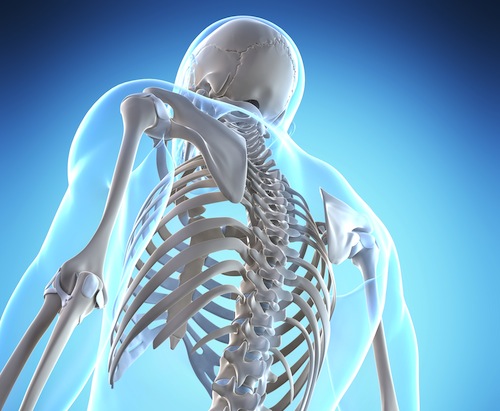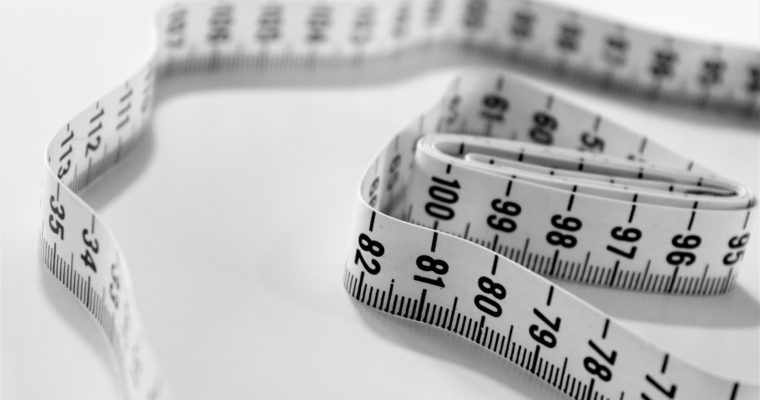Osteoporosis is a health condition where your bones are weak and brittle. Health risks of osteoporosis may include an increase of fractures of the hip, wrist and spine. Generally speaking, osteoporosis is bone loss and, every day since the day we are born, our bones are becoming weaker and weaker. Before our thirties, the breakdown of “old” bones are slower than the production of “new” bones, so the skeleton grows in both size and strength. After that point, bone density slowly declines in both men and women. Women after menopause are at the highest risk, while millions of American men are also suffering from osteoporosis. The primary cause in men is age-related and becomes an issue usually after the age of 65. There are various kinds of osteoporosis treatment available, which can ease the symptoms, but the majority of those who develop it do have to lead less active lifestyles in order to protect themselves from damage.
Seventy-five percent of seniors are at risk for a fracture related to bone loss. Twenty-five percent of women over the age of 65 have full blown osteoporosis and another 52% have osteopenia. For men, six percent have full blown osteoporosis and 44% of older men have osteopenia; a smaller level of bone loss than osteoporosis but it still increases the risk of fracture. For men, the rate of bone loss at the age of 65 is 1-2% per year, so by the age of 75 men, men have lost 10–20% of their bone. Medication, obesity, and other lifestyle habits can accelerate this loss. Additionally, calcium absorption decreases on average by 0.21% per year after the age of 40.
Secondary Causes
The use of medication is one of the most popular contributi ng factors in the development of osteoporosis. Glucocortioid medications, commonly used to treat asthma, rheumatoid arthritis, and severe inflammation, have strong effects on bone triggering bone loss. Prednisone and other drugs in this family when used long term cause the loss of calcium, vitamin D, magnesium, and potassium in the urine contributing to bone fragility. Other medications including, but not limited to diuretics and laxatives also can have adverse effects on bone health. Consult your doctor about your osteoporosis concerns, especially if you are a man over 70 years old. Be sure you are taking the correct dosage of medications, calcium and vitamin D supplements.





